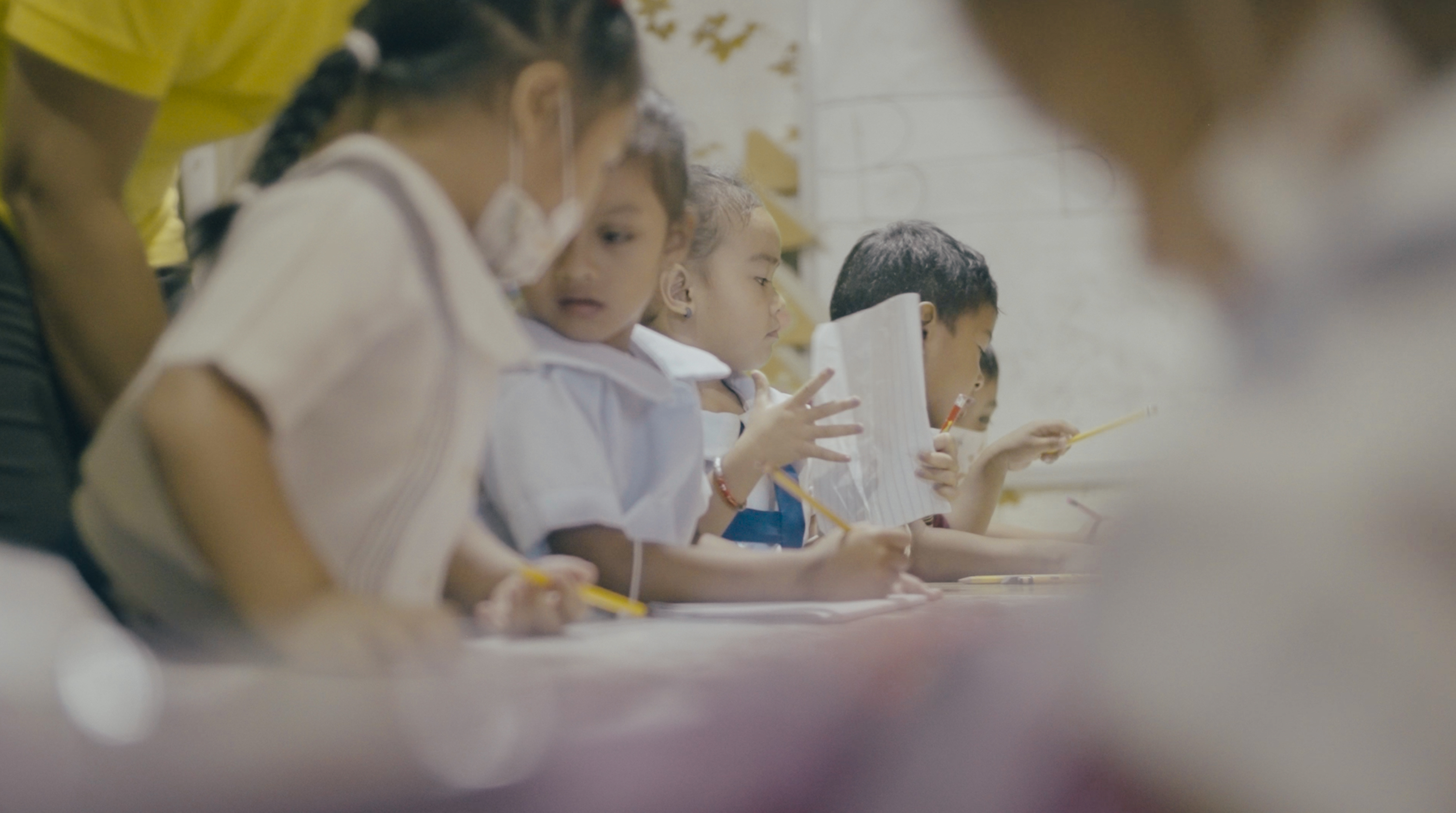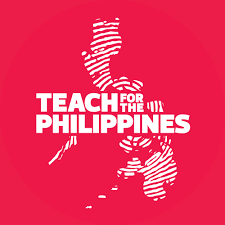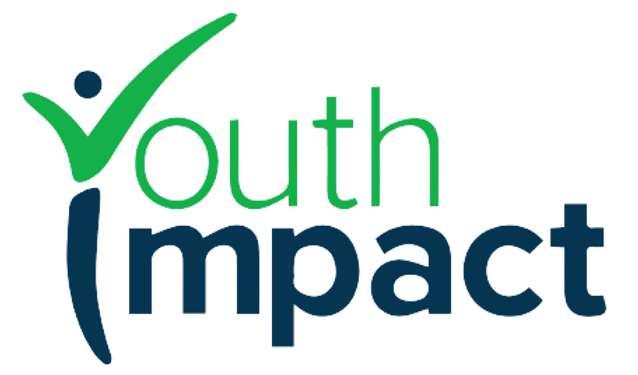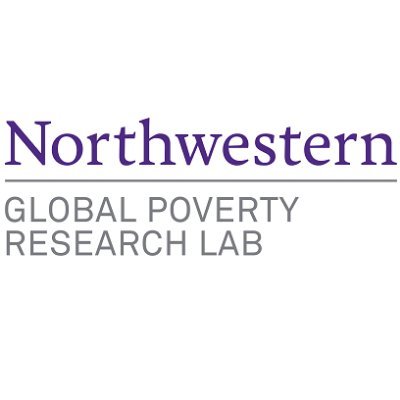Supporting Early Education to Increase Higher Education Enrollment in the Philippines

Researchers are partnering with IPA Philippines to conduct a randomized evaluation to measure how interventions providing educational support for a child at an early age—foundational math and literacy support as well as higher education information—affect student learning and families’ investment in their education in the short and long run.
In low- and middle-income countries, households in poverty encounter many significant challenges to quality education, notably (1) large deficits in math and literacy skills, which were exacerbated during the COVID-19 pandemic, and (2) limited information about post-secondary education, such as its costs, benefits, and available government support. Addressing these barriers is critical to improving higher education access and completion. Additionally, providing better information on higher education can make it more feasible for parents, leading to increased educational investment and engagement. This, in turn, may boost students' learning and enrollment.
In collaboration with IPA Philippines, researchers are conducting a randomized evaluation to measure whether educational support for a child at an early age increases families’ investment in their education and ultimately increases enrollment in higher education. Leveraging the Philippines Socioeconomic Panel Survey (PSPS), they are tracking 5,000 households with children aged five to nine over twenty years. At the beginning of the evaluation, households were randomly divided into one of the following groups:
- Education support: Targeted one-on-one literacy and math support delivered remotely
- Information: Information about government educational subsidies—including free public tuition and scholarships for students from low-income families— and the economic returns to education, along with annual reminders
- Education support and information
- No intervention
Researchers will measure both how foundational learning support and information—individually and in combination—affect short-run learning outcomes, investment, and aspirations. They will track these households throughout the PSPS to measure long-run impacts on learning and eventual higher education enrollment.
Results forthcoming in 2027.
Research Partners


Funding Partner













